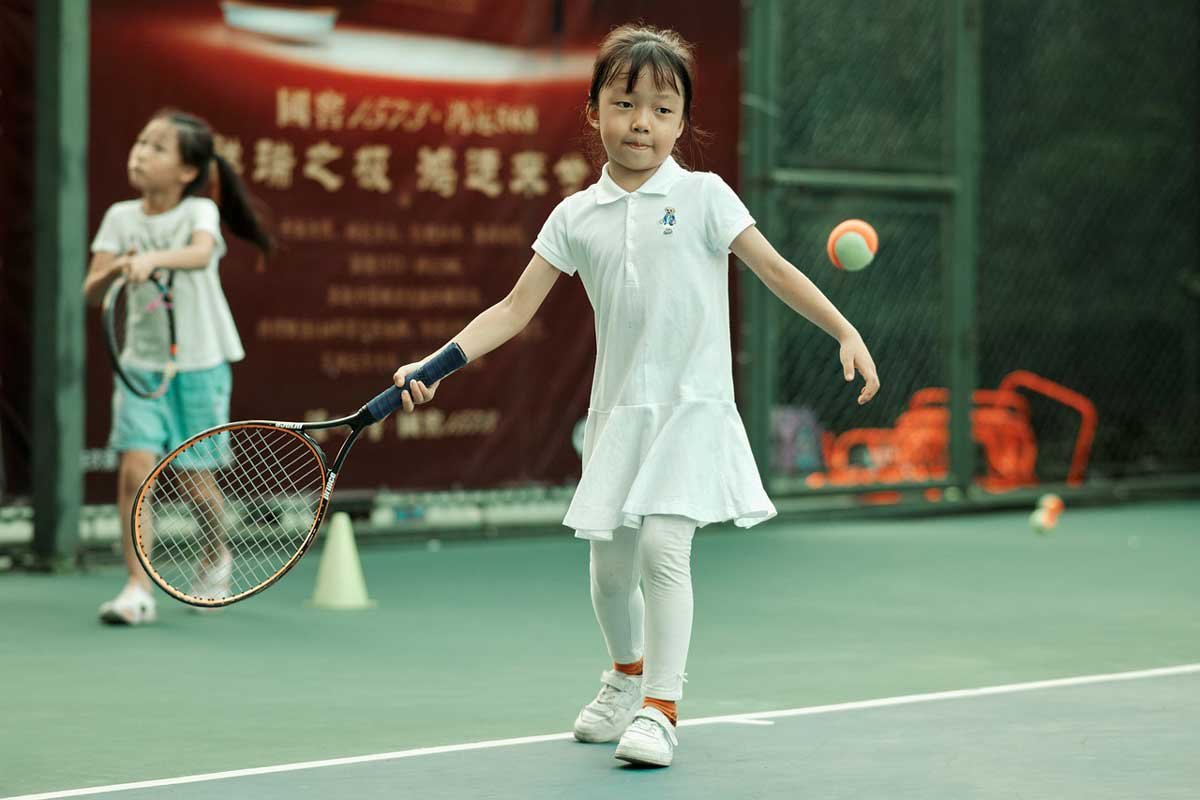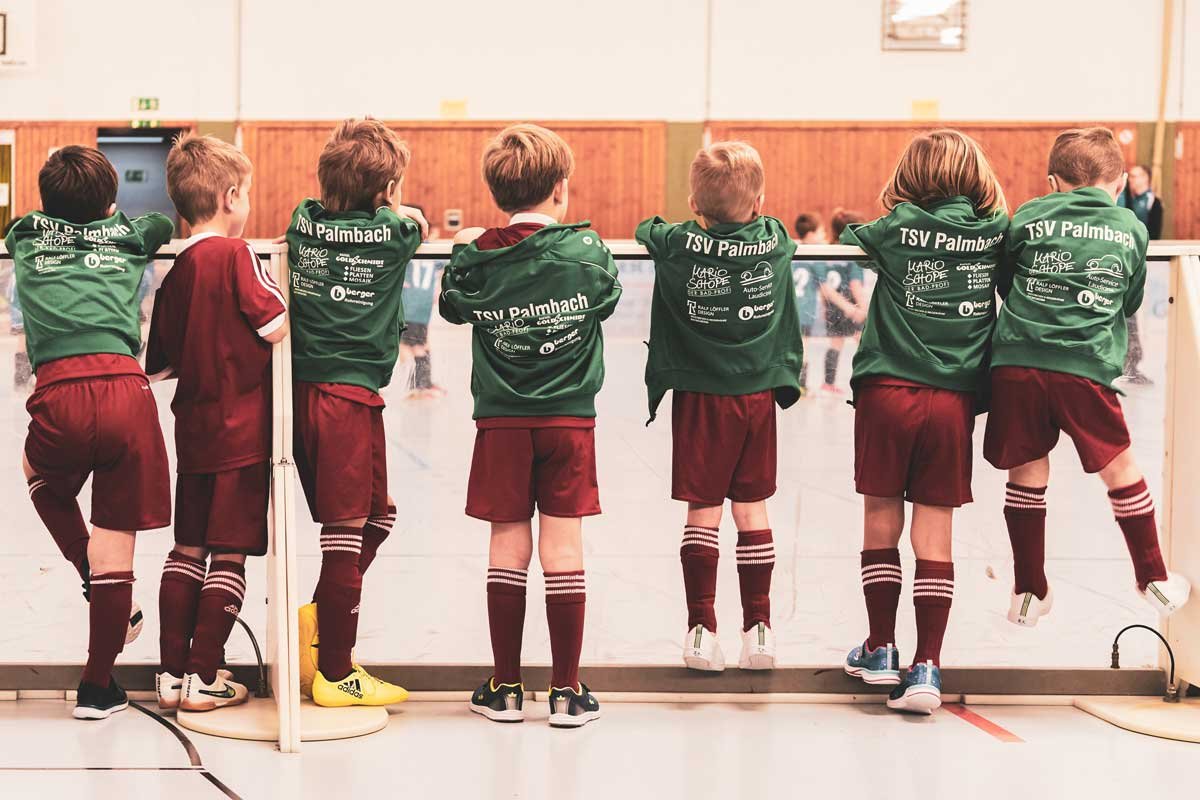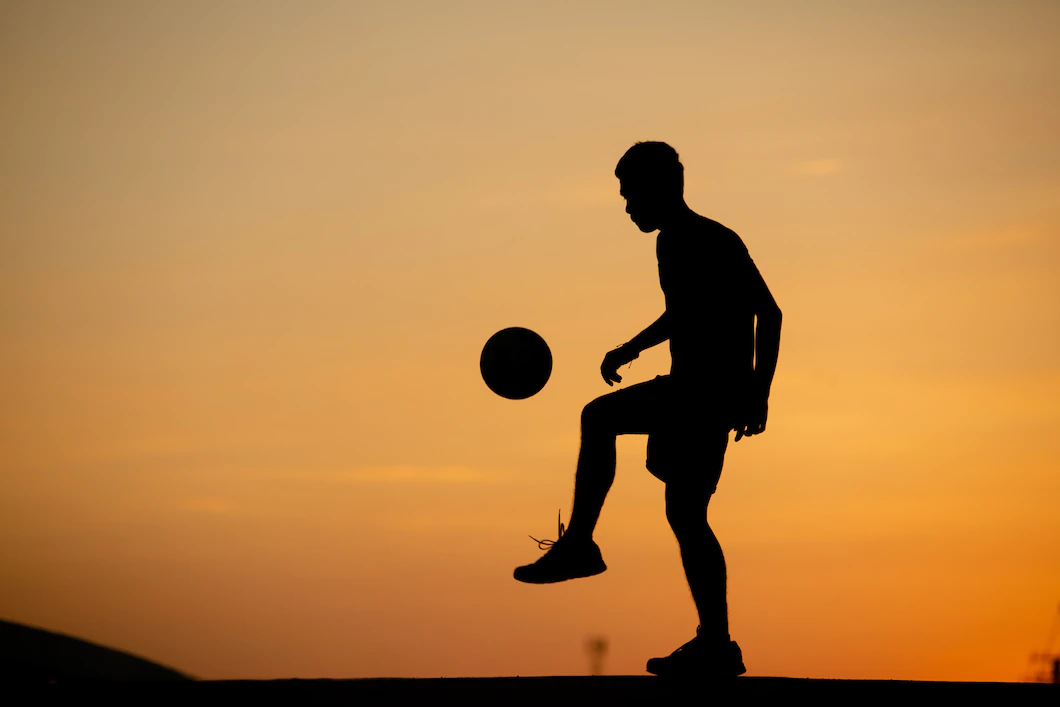The inclusion of sports in the education curriculum has many benefits. Apart from boosting students’ physical fitness, sports can also help them relax and focus better. Sports also promote the concept of a healthy lifestyle and proper exercise. As sports require regular physical activity, including them in the educational curriculum is essential. Regular participation in sports helps people build confidence and self-discipline.
While sports education has numerous benefits to a student’s life, supporting a child’s participation in sports can be an excellent investment for parents. With the support of teachers and parents, students can efficiently balance academics and co-curricular activities in school. To make sports a valuable part of the educational curriculum, Schools offering sports opportunities should motivate students to participate in sports and other curriculum activities.
Read along to know the benefits of sports education in the student education curriculum in the long term
Sports Help Students Lead a Better Life

Many of the lessons learned in sports can transfer to the rest of life. For example, the ability to overcome failure is a crucial life skill. Many elite athletes develop these skills by taking part in physical activity. Regular physical activity helps improve students’ overall health and reduces the risk of obesity. It can also improve students’ cardiovascular fitness, strengthen their lungs, and regulate blood pressure. Schools offering sports to students enable them to reach their full potential and achieve their goals.
Sports provide an opportunity for children to develop social skills. For example, teamwork is essential when learning to work together. Negotiating a team’s split is also a life skill. Students who participate in sports activities have a better understanding of dealing with conflict in a group and building relationships with others. Participation in sports builds students’ concentration and focus. They also learn to respect authority and coaches’ decisions. Participating in sports can help students learn endless lessons that can be helpful to them throughout their life.
Being able to control one’s emotions is a vital part of success in life. Using sports to develop self-control is an excellent way to foster it. In short, students who participate in sports grow up to be better students and more productive people.
Sports Helps Students in Developing Cognition
The cognitive development of children can be significantly influenced by participating in sports. Developing sports skills, such as position in a field, increases students’ ability to solve problems. Moreover, because sports require teamwork, it helps students develop and practice communication and collaborative skills. Decision-making abilities are also boosted by participation in sports. The cognitive development of children through sports education can contribute to the overall development of an individual.
Sports that require sustained attention are challenging for children to master. It takes concentration to execute routines and play well. Cognitive skills are crucial in these disciplines, which require sustained attention and quick decision-making. For example, students involved in sports like badminton or table tennis have long attention spans, which helps them make quick decisions. The ability to track their targets is also beneficial, as it pushes the brain to make a quick decision in no time.
The process of cognitive development also includes the physical and social context. Among the many benefits of sports and physical activity in education, cognitive development is an integral part of physical and mental health. Many studies have found that sports improve mental health and foster creativity. Both sports and education help prepare the mind for success in any field.
Sports Helps Students with Time Management

Student-athletes have an exceedingly demanding schedule, and time management is critical. Athletes must balance academics, athletics, and their social lives. They must also find time for family and other obligations. While it might seem challenging to find the time to balance everything, wise time management will allow them to meet their goals. Students who prioritize their activities often do not have time for what they don’t need to do.
Some of the top schools emphasize using a planner to schedule meetings and homework. Academics need to ensure everyone is aware of the times they need to be somewhere at a particular time. This way, they will not be scrambling for a place to eat or study. Parent involvement is essential, too. Parents need to ensure their child gets involved in planning its daily and weekly schedule. This way, they will develop better time management skills later in life.
Sports education helps children learn time management strategies that they can use in other areas of life. Talking about the length of the school year, sports season, and vacation with kids can help them enjoy their sports and other curriculum activities more. Remember that a good time management strategy is essential for being a successful athlete, whether in the classroom or on the field.
Sports Helps Students Cultivate Ethics

Students who are regularly involved in sports manage to relax their bodies and recharge themselves well in time. They don’t get stressed or become frightened by crowds and audiences. Sports education also teaches them how to deal with bad moments or rejections and still stay persistent with their performance. While sports may be fun, they also help students improve their health and fitness levels. In addition to developing their physical attributes, it also helps them learn teamwork and self-discipline.
Sporting activities help children develop various positive attributes. Students who play sports learn to prioritize their work and follow schedules, which are necessary skills to succeed in life. They also develop leadership and confidence, two valuable qualities for future success. Participating in sports makes kids more courageous and capable enough to face anything that comes their way. In addition, sports encourage students to be more committed to their academics. Hence, the importance of sports education in the educational curriculum cannot be questioned or doubted.
In addition to developing physical and mental fitness, sports help children acquire emotional strength. Many emotional issues confront students during their lives, and sports help them learn to accept defeat and victory. These traits help students cope with difficult situations and develop their confidence. And last but not least, they learn the importance of rest and sound sleep.
Key Takeaways
Students who participate in sports develop a more positive outlook on life. They are usually more equipped to meet any challenges they face in their lives. Sports provide the necessary physical stamina and mental discipline to succeed in school and beyond. While academic education helps students develop intellectual capabilities, Schools offering Sports help them develop team spirit and leadership.
Sports education also develops tolerance, cooperation, and a willingness to win. They are beneficial in every aspect of life and enrich students’ lives. Combined with academic study, they produce a more balanced and rounded individual. These benefits make sports education a valuable part of an educational curriculum.


